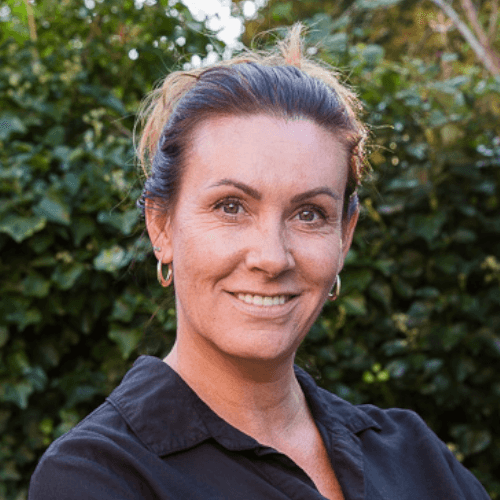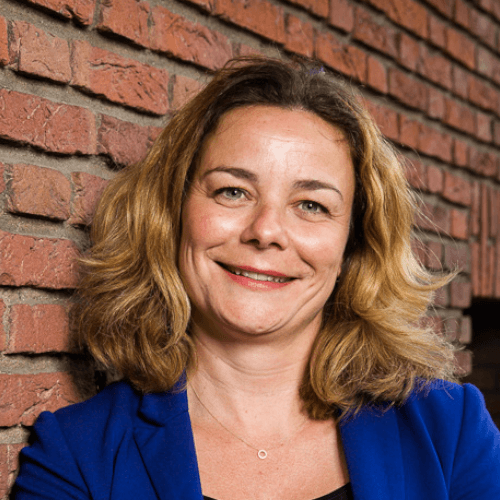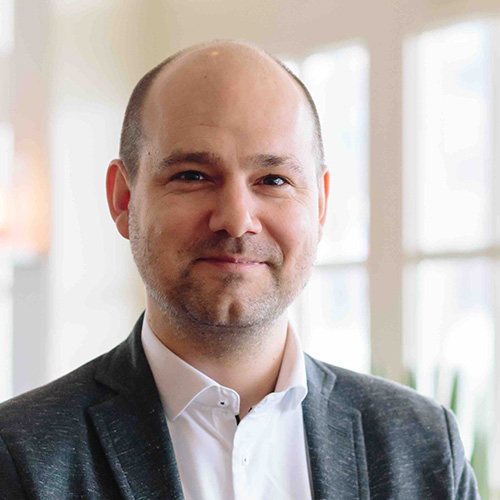Black Lives Matter and COVID-19 influencing USAID’s new vision?
Last month, USAID Administrator Samantha Power outlined “A New Vision for Global Development,” which places inclusive development at the fore of the Agency’s agenda. The commitment now made is for 25% of USAID funding to go to local partners in the next four years.
Even more ambitious, Power declared that 50 percent of USAID programming would put local organizations in the lead by the end of the decade.
In her ‘vision speech’, she called for more inclusive and locally led development, including through the diversification of the USAID partner base, and by making the agency’s work more responsive to local voices.
Administrator Power’s remarks come at the convergence of several critical events that make this a promising time for lasting change. First, despite its worldwide devastation, the COVID-19 pandemic disrupted the status quo of aid delivery. When international organizations and their expat staff could not travel or remain in post, local staff were ready and equipped to carry out programming in their own communities.
The pandemic also re-shone a spotlight on existing injustices and inequalities within the United States, and worldwide. The 2020 global movement for racial equity was a breakthrough moment building on years of community-based work from Black, Indigenous, and People of Color. The Black Lives Matter (BLM) movement has necessitated conversations around institutional racism, White and Western privilege, and power relations in many INGOs. This intersection of the pandemic and the movement for racial equity has rendered it all but impossible for donors and INGOs alike to continue to ignore the colonial and racist underpinnings of the sector. Building on the success of the BLM movement in the United States, organizations and practitioners from less developed countries similarly have pushed locally-led development to the fore.
The intersection of the pandemic and the movement for racial equity has rendered it all but impossible for donors and INGOs alike to continue to ignore the colonial and racist underpinnings of the sector.
The question is now how the Agency will change internally to make this a ambitious goal feasible.
One of the changes announced is the strengthening of the workforce in USAID, both in the US and abroad. An increase in partnerships with Historically Black and Hispanic Universities to help diversify future USAID hires was announced. Additionally, Power committed to a 700 percent increase in funding for paid internships with USAID so that a more diverse cohort of young professionals can gain access to experience working with the Agency. A Chief Diversity Officer will oversee these changes and others — the first in the Agency’s history.
For USAID, Foreign Service Nationals (FSNs) are the heart and souls of (USAID) Missions overseas, and were key in maintaining the Agency’s operations and programming during the height of the global pandemic. In order to strengthen the local organizations there is a need to support this local USAID workforce. By training and increasing the assistance and acquisition expertise in the Missions the support to local organizations can be increased and strengthened.
USAID is currently developing an Agency-wide Localization Agenda to establish a common localization vision and identify actions that will make localization easier so the ambitious targets the Administrator announced in her speech can be achieved.
At the same time, USAID has released a draft of a new policy on Local Capacity Development. It establishes principles for engagement with local partners and provides guidance to ensure the way partnering with local actors builds lasting organizational effectiveness and supports sustained development. A draft of the policy has recently been posted for public comment, and USAID is looking forward to hearing from their partners.

Mischa
Sub-recipient management and navigating the rules and regulations of USAID form an integral part of her expertise, along with compliance with donor- and project requirements, and capacity strengthening.

Rosanne
Rosanne has a solid track record in financial management of USAID-funded projects. Her expertise is in financial compliance, indirect cost recovery, risk management, audit regulations, and internal controls.
stay up to date
We have at heart to be a resource to you. According to your preference, we will share insights, trainings, networking events and career opportunities that might be of interest for anyone from entry-level to seasoned professionals.
Contact
Phone
+31 (0)6 30 69 45 95
Address
Eursinge 8, 7935AB Eursinge (de Wolden), The Netherlands
228 East 45th Street, Suite 9E New York, NY 10017, USA
info@hvfc-international.com
Join us on
© 2024 HVFC International. All rights reserved.
HVFC ® is a registered trademark of HVFC International B.V.

